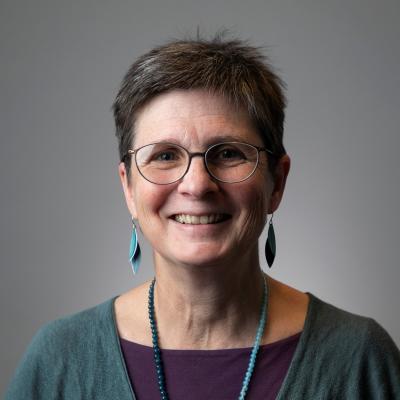Improving the lives of others: having a shared sense of justice and understanding where our contribution will have the greatest impact
20 January 2016

A form of intellectual tinnitus was how Richard Taunt described the first day of the Salzburg Global Seminar session Hooked on health care. And we're still not wearing ear (or mind?) protectors!
Day two started with a focus on the role of public authorities, the question was posed as to why health should be a preeminent concern of public authorities. Why do we talk about ‘health in all policies’ when we don’t talk about ‘education in all policies’ or ‘technology in all policies'? And, if this is a reasonable expectation, what would make it a reality?
First the argument was made that health is the ‘canary in the system’. Health status tells those tasked with governing our societies whether all is well. Low employment, low educational status, an unsafe and polluted environment all lead to poorer health. And the list goes on. So, the extent to which public authorities are succeeding in what they do is arguably best judged by looking at the health of those living in their communities.
Yet, positioning health as a primary goal will require more than just different approaches to organising and legislating (for which much is to be learnt from changing government attitudes and actions on climate change). Improving health presents relational challenges. Political actions and decision making need to be driven by principles of empathy - standing in the shoes of the people in their communities to understand what is needed; service - a preparedness to act in the wider interest; and equity - a commitment to the fair use of resources.
Moving on, the discussion considered whether the concept of health justice might be a more helpful framing for engaging politicians and the public in this agenda.
We don’t tend to talk about health justice much in the UK, perhaps the themes of health inequalities and health inequity take its place. However it could offer a new way into thinking about the problem and engage a different response from the public and politicians. In the realm of criminal justice, we don’t question the principle that we want to see justice regardless of who has committed the crime. Everyone is treated equally in the eyes of the law. Yet when it comes to health, do we have this same sense of justice? And if we did, would we think differently about the factors and circumstances that diminish people’s health? Furthermore, at a global level, the concept of health justice could be very powerful in making us consider whether the differences in life expectancy and quality of life experienced by some in our increasingly global economy are something we feel comfortable with?
However, thinking in terms of health justice demands us to answer some critical questions: Is there a minimum level of health that we should all be able to expect? A ‘just’ level? If so, where would we set this minimum given that resources are finite? And where are the places we could learn from, that are managing to buck the perception that more GDP equals more health?
The final theme for the day was the role of civil society in supporting health.
Paul Streets, a familiar name to those of us in the NHS, is now the CE of the Lloyds Bank Foundation. Their mission is to invest in charities supporting people to breakout of disadvantage at critical points in their lives. Taking a population segmentation approach he argued for the need to recognise that civil society (and its relationship with statutory services) needs to be able to flex according to individual circumstance.
For 50-60% of us, the role that some parts of civil society plays in advocacy, campaigning and information giving will be sufficient to create the environment in which we can make choices that work for us.
For another 20-30%, the role that the charitable and community sector can play in creating opportunities for peer support and community-level action will be effective in supporting us to mobilise the necessary assets to achieve our goals.
However, there will be another 10-20% for whom the complexity of our lives, our fragmented relationships and the deficits we need to overcome are so huge that we will need bespoke support. And such support, Paul argued, is not best delivered by outside agencies but delivered up and down the UK by small ‘organisations’ that grow out of their own communities, often surviving on very precarious budgets and the passion and perseverance of the individuals who set them up. People who, very often, have experienced the situations faced by the people they are supporting. And this fact alone can be the transformative ingredient in making these organisations work.
So, my overall conclusion from the day? Wherever we are sitting in our societies we have the potential to improve the lives of others - however to do so requires us to have a shared sense of health justice and an understanding of where our contribution will have the greatest impact.
Jo is Director of Strategy at the Health Foundation, www.twitter.com/JoBibbyTHF
Work with us
We look for talented and passionate individuals as everyone at the Health Foundation has an important role to play.
View current vacanciesThe Q community
Q is an initiative connecting people with improvement expertise across the UK.
Find out more

